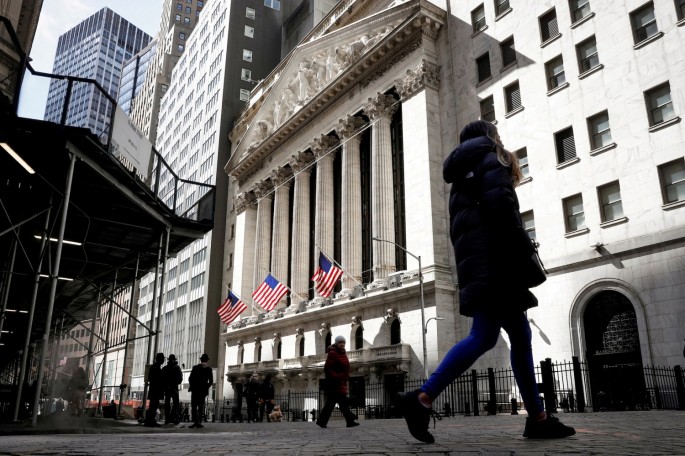The stock market always has the potential to be volatile, and while the trend is usually upwards, there are times when we very quickly see a lot of downward movement. A stock market crash is a worrying time. There are plenty of examples of stock market "bubbles" and collapses that have had some grave consequences.
The causes of stock market crashes can sometimes be very interesting. As well as irresponsible economic management and governing of countries, there are plenty of other things that can cause bubbles and crashes. Understanding what causes inflation helps to give you an idea of the same things that play a part in stock markets and other financial markets, and how they are susceptible to influence and crashes, sometimes due to psychology and the effects of fear.
Tulip mania
Tulip mania is thought to be the earliest example of an "economic bubble" and helps to explain the concept. We've seen other bubbles and crashes throughout history, including the dotcom bubble. Tulip mania resulted from certain fashionable tulip bulbs becoming a status symbol and the prices inflating. They started to go up in 1634 and eventually burned out, leading to a collapse in cost in 1637.
Panic of 1907
The panic of 1907 was a period of financial crisis, when the New York Stock Exchange value fell as much as 50% over the course of three weeks. In addition to being caused by the manipulation of copper values, it was also caused by panic withdrawals due to distrust of the banks. This led to the likes of J.P. Morgan having to step in, to prevent an even more severe and catastrophic impact on the economy.
Wall Street crash of 1929
In 1929, after a period of growth through the 1920s, several factors combined to lead to a crash in the market. Investors would trade 16 million shares on one day, wiping out the value of many investors and losing billions of dollars as the market, which had continued to inflate through the 20s, experienced a crash and economic downturn. It was largely caused by people investing their own money or even borrowed money to buy stocks, expecting prices to continue to rise and hoping to make profits, but this caused prices to rocket to unsustainable levels.
October 19th, 1987
On October 19th, 1987, the markets fell by over 20% on a single day, which has become known as "Black Monday". The headline indexes had lost about 10% in the previous week, but thanks to some sketchy program-driven trading models that were designed to be an insurance policy, and investors panicking, the markets crashed.
Crash of 2008-2009
Financial products that were backed by mortgages given out without proper diligence and regulation were one of the main issues behind this crash. It is expertly explained in the writings of Michael Lewis in "The Big Short" and the film of the same name.
This can be put down to deregulation in the financial industry, which led to a huge crash culminating in the bankruptcy of Lehman Brothers and the collapse of Merrill Lynch. Some countries stopped their markets from opening in an attempt to promote stability, but the markets crashed on September 15th, 2008. Some have described this as the biggest financial crisis in human history.
Covid-19 pandemic (2020)
In events such as a pandemic, something humanity hadn't experienced in a long time prior to Covid-19, there is a big change in consumer spending. Spending has since recovered somewhat as things have returned to close to normal.
It was uncertain how the markets would react, and a lot of the biggest drops in the early 2020 period were as a result of new policies, such as travel bans. When the US announced a ban on travel from Europe, the Dow Jones Industrial Average (DJIA) declined almost 10% in the biggest drop since the 1987 crash.
A huge disruption in labor markets as well as a decline in people being able to go to work, and of course falling incomes, led to a mass panic in the stock markets. The fall was more gradual than some others, partially due to the fact that there was hope that Covid-19 would come and go in a short space of time, but it quickly became clear that recession was on the horizon.
Summary
Nothing is granted in this life, and that goes for the stock market too. There are many reasons why markets can crash, so people are advised to be cautious in investing, and to play the long game for the best returns. Nobody knows what's around the corner.



























